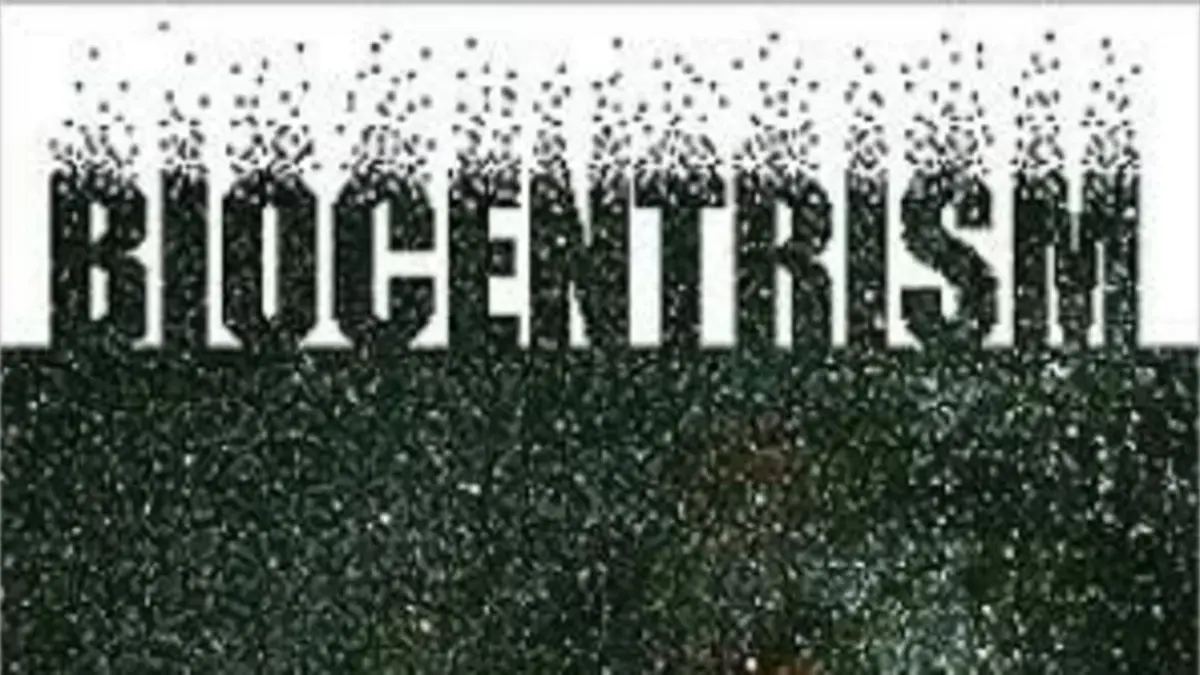Introduction
The universe, with its enigmatic mysteries, has been a subject of fascination and speculation for centuries. Various philosophical and scientific theories have emerged in our quest to understand our place in the cosmos. One such theory that has stirred debates and discussions is Biocentrism. In this article, we will dive deep into the intricate layers of Biocentrism, unraveling its core principles, examining its myths, and ultimately debunking its claims.
Understanding Biocentrism
Biocentrism, at its essence, posits that all living entities hold a central, significant value in the universe. To comprehend this theory fully, we must explore its definition, delve into its historical roots, and acknowledge the notable proponents who have championed this perspective.
Biocentrism’s historical journey takes us back to ancient philosophies that revered nature, attributing consciousness to all living beings. However, it gained contemporary attention through the works of influential figures like Aldo Leopold and Paul Taylor. These thinkers argued that our ethical considerations should extend beyond human interests to encompass the welfare of the entire biosphere.
Debunking Biocentrism Myths
As we embark on this exploration, dispelling common misconceptions surrounding Biocentrism is crucial. While it may be tempting to romanticize the idea of nature-centric ethics, scientific scrutiny reveals the need for a critical evaluation. We will delve into alternative perspectives, examining criticisms from skeptics within the scientific community and unveiling the complexities inherent in the Biocentric worldview.
Bursting the Biocentrism Bubble
To gain a comprehensive understanding, we must address the contradictions and flaws embedded in Biocentrism. By critically examining its reasoning and counterarguments from the scientific community, we aim to burst the bubble surrounding sensationalist claims. It’s essential to sift through the rhetoric and dissect the scientific validity of Biocentrism.
Perplexities in Biocentrism
Biocentrism introduces ambiguous concepts and leaves unanswered questions, creating perplexities that demand exploration. By analyzing the gaps in Biocentric theories, we can better grasp the limitations of this ethical framework and appreciate the complexity of our interconnected existence.
Benefits of Investigating Biocentrism Critically
While dissecting Biocentrism, it’s essential to highlight the benefits of critically examining such theories. This scrutiny promotes scientific literacy, encourages open-mindedness, and enhances critical thinking skills. We empower ourselves to navigate complex ethical landscapes by engaging in a thoughtful exploration.
The Complexity of the Universe
The universe’s multifaceted nature extends beyond Biocentrism, prompting us to explore alternative cosmological theories. We’ll unravel the interconnectedness of all life forms and appreciate the diverse threads that weave the tapestry of existence.
Burstiness in Biocentrism Arguments
As we examine Biocentrism’s explosive claims, we must discern between sensationalist theories and substantiated evidence. Burstiness in this context refers to the energetic nature of arguments, and our task is to separate fact from fiction, ensuring a grounded understanding of the topic.
Navigating the Controversies
The ethical implications of Biocentrism stir controversies, especially concerning ecological preservation. Addressing ethical concerns and seeking a middle ground becomes imperative as we strive for a balanced perspective that respects human needs and environmental well-being.
Biocentrism and Human Existence
How does Biocentrism influence human behavior and shape our societal worldview? Delving into these questions, we’ll explore Biocentrism’s cultural and societal impact, understanding its role in shaping our perception of the world around us.
Embracing Alternative Perspectives
While examining Biocentrism, it’s crucial to recognize the importance of diverse viewpoints. We’ll explore other environmental ethics, seeking a holistic approach that considers the interconnectedness of all life forms and the delicate balance of ecosystems.
The Influence of Biocentrism in Popular Culture
Beyond academic circles, Biocentrism has permeated popular culture, leaving its mark on literature, media, and artistic expression. We’ll explore how Biocentrism has shaped public perception and influenced creative works, recognizing its impact on our cultural narrative.
Conclusion
In conclusion, our deep dive into the truth behind Biocentrism has uncovered complexities, burstiness in arguments, and the need for critical examination. Summarizing key points, we encourage ongoing dialogue on this intriguing topic, emphasizing the value of critical thinking in navigating the intricate web of ethical theories.










